Prices at the grocery store have been increasing significantly since the start of the COVID pandemic. USDA predicts they will continue to rise, with food prices going up between 3% and 4% in 2023. With a significant portion of the average income going to groceries, nobody wants to throw food away because it has gotten stale.
Keeping food from going stale requires taking a few proactive steps. It all starts with proper storage and packaging, from chip clips to the best cereal containers, to keep the food out of contact with air and moisture-proofing for foods prone to spoilage.
Fortunately, you’re just a few simple steps away from maximizing the shelf life of your pantry staples.
Keep Them Dry
Store items such as cereals, grains and flour in airtight containers or jars with tight-fitting lids to help prevent moisture from entering. Choose airtight containers designed to protect the food while providing convenient access.
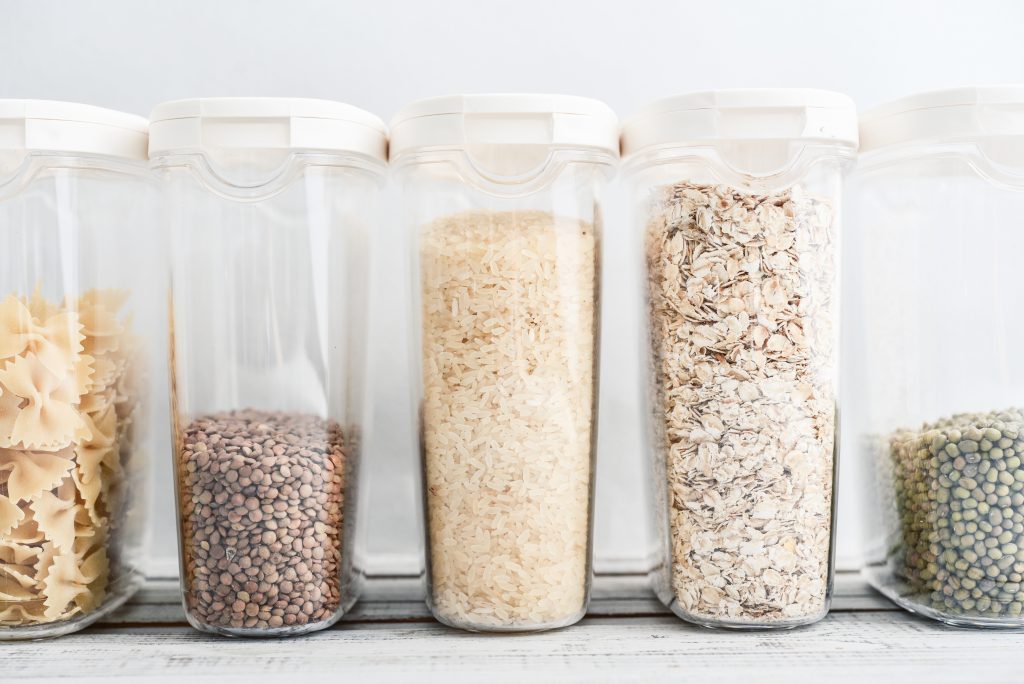
For instance, the best cereal containers hold an entire box of cereal, keeping it from going stale but also making it easy to dispense. Rotate items regularly so that older items are used first and fresher products are stocked last to reduce waste.
Mark The Date
Labeling containers with a date will help you know when the food was packaged and identify whether or not it should still be consumed. In addition, this can help remind you to use up food before it goes stale.
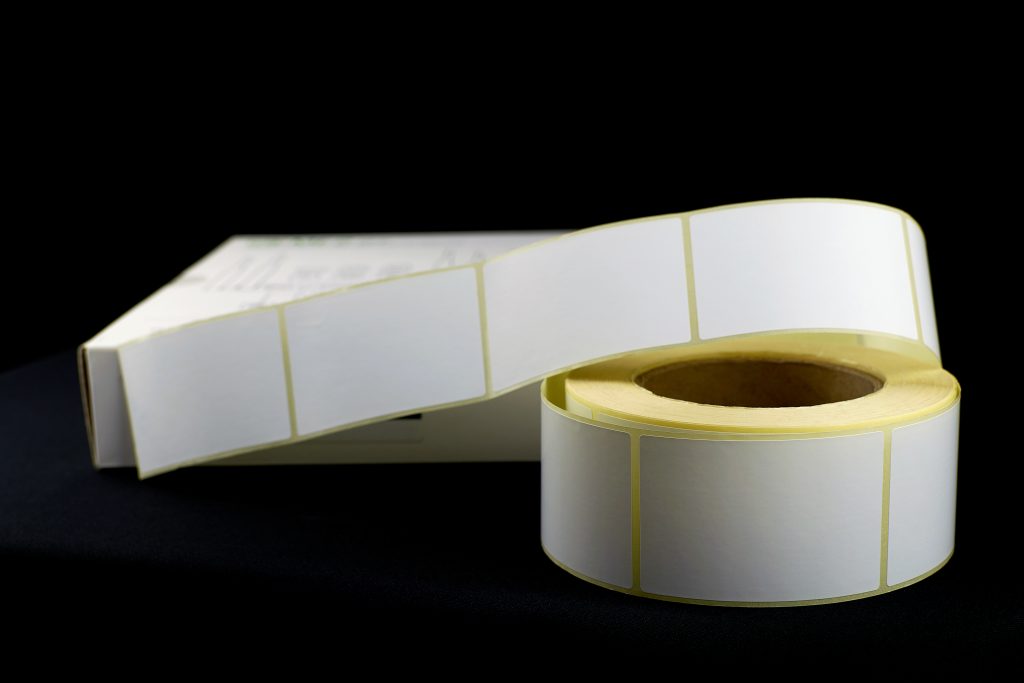
You can label each container with a permanent marker for easy identification. Alternatively, you can use stickers or other marking materials to mark expiration dates on any containers clearly.
Keep Them Cool—Or Even Frozen
When storing pantry staples, be mindful of temperature and humidity. For example, high temperatures can cause the oil in food such as nuts and seeds to turn rancid quickly. If you live in a warm climate, consider storing these items in the refrigerator or freezer to extend their shelf life.
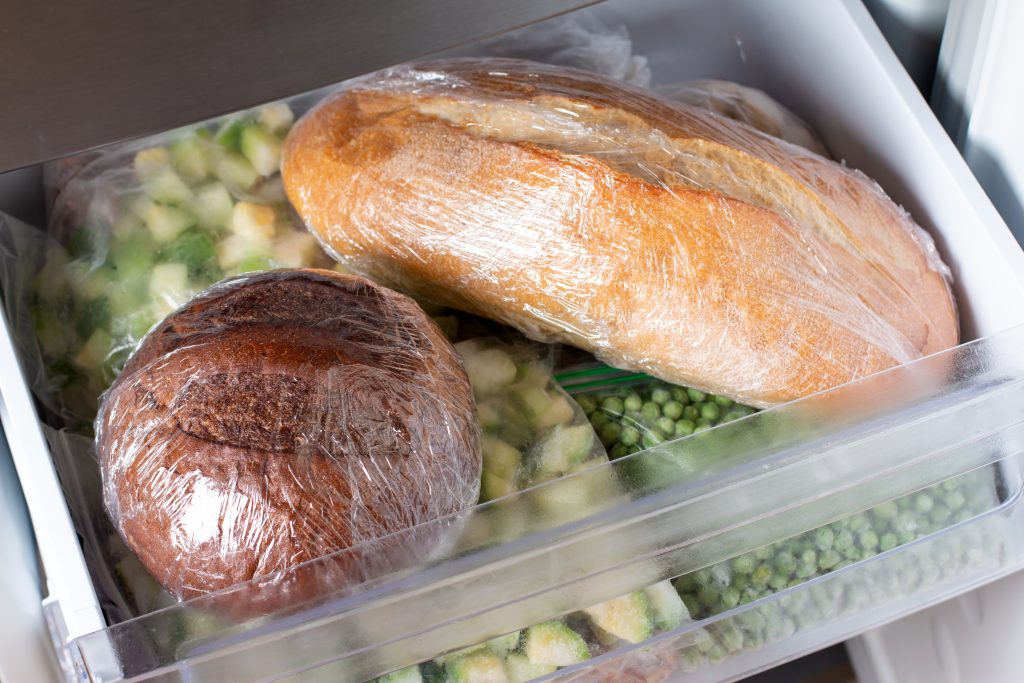
You can also keep other pantry items in the freezer, particularly if you don’t plan to use them right away. Things such as yeast, whole-grain flour, bread and even potato chips will keep in the freezer for months.
Consider A Vacuum Sealer
Vacuum sealing can be an effective way to extend the shelf-life of pantry staples. Choose a good quality, BPA-free vacuum sealer designed to work with the best vacuum sealer bags or containers.
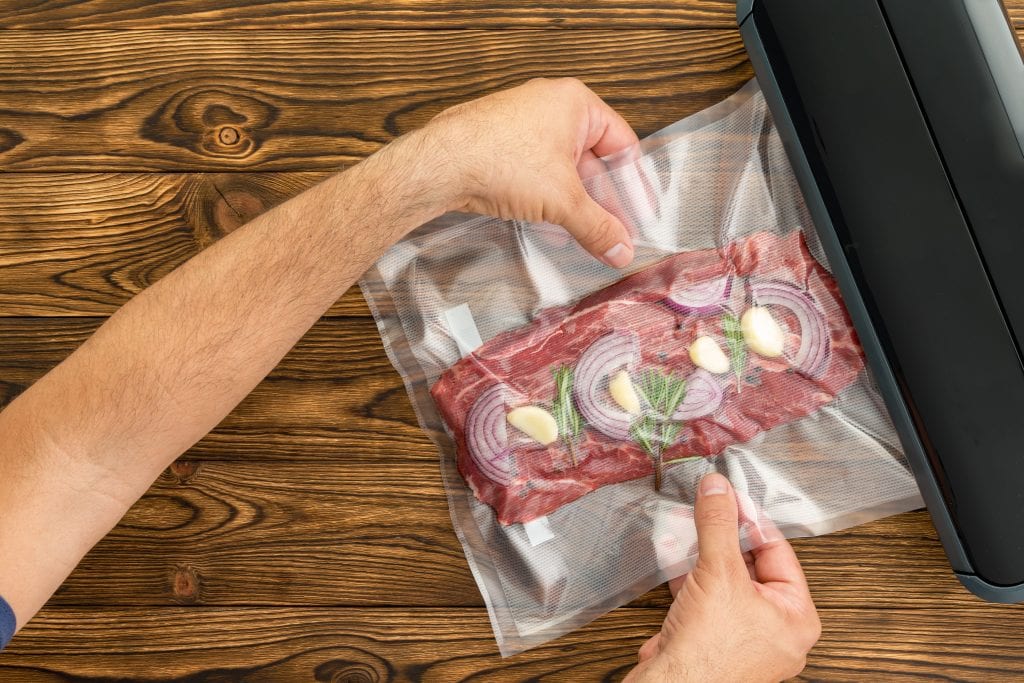
Label each sealed item with its contents and date so you can quickly identify what’s inside and how long you can keep it before it goes bad. Keep sealed items in a cool, dry place away from direct sunlight and high temperatures to ensure maximum freshness.
Be Attentive
Once you have properly stored your pantry staples, remember to check on them at regular intervals. Make sure that there is no evidence of spoilage, such as discoloration, mold or a strange odor.
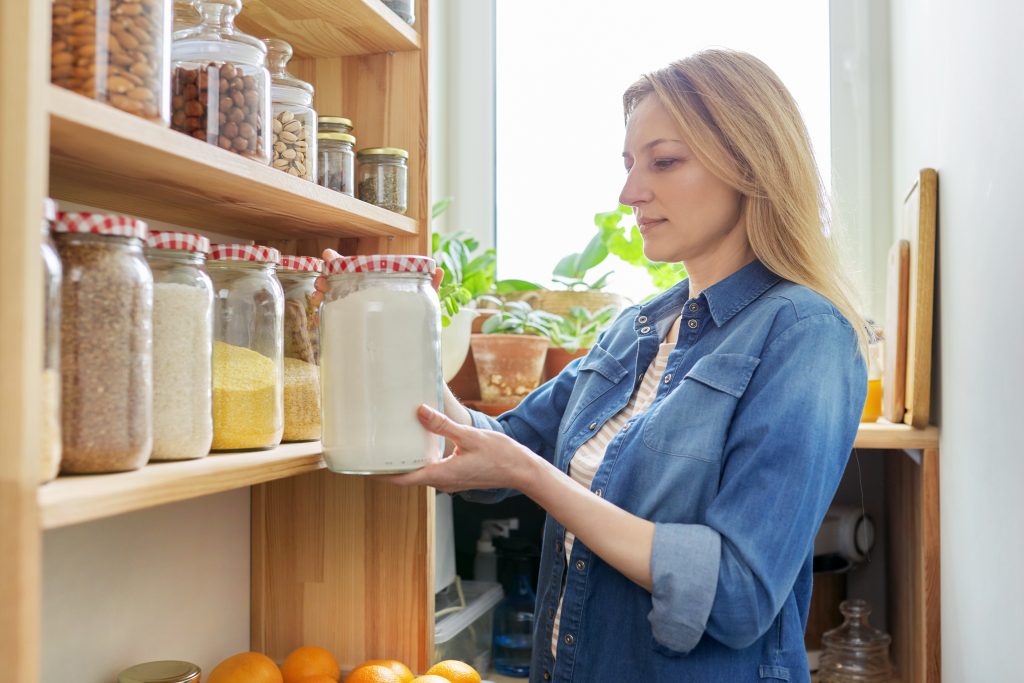
If any of these signs are present, it’s best to discard the item right away and replace it with a fresh one. Additionally, inspect boxes and bags for any possible leaks which can lead to rapid deterioration of food.
Ultimately, the key to keeping pantry staples fresh is prevention. With a few simple steps, you can keep your pantry staples fresher for longer and avoid tossing money in the trash.
This story originally appeared on Don't Waste Your Money. Checkout Don't Waste Your Money for product reviews and other great ideas to save and make money.


